Argentina welcomes Saudi agricultural investment
- Arab News
- 27 May 2010
Argentina will welcome investment from Saudi Arabia in its agricultural sector so the Kingdom can guarantee its own food security, the Argentine Embassy has said.
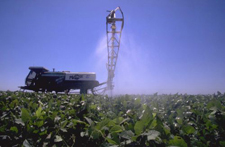
Argentina will welcome investment from Saudi Arabia in its agricultural sector so the Kingdom can guarantee its own food security, the Argentine Embassy has said.

Amid much talk about the need for "codes of conduct" to help regulate this new phenomenon, I found myself wondering whether Cecil Rhodes would have signed such a code. He probably would, and have then gone on to completely disregard it.

NZ government-owned farming company Landcorp may bid for 16 big farms at the centre of controversy over their potential sale to a Chinese-backed investor.

The NZ Super Fund is "going hard" on the acquisition trail for stakes in prime New Zealand assets like rural land, state-owned enterprises, smaller high-growth companies and iwi businesses.

We believe that farmland, and agriculture generally, will shortly move beyond the ‘acceptable’ in the eyes of the world’s investment management community and become a core product.
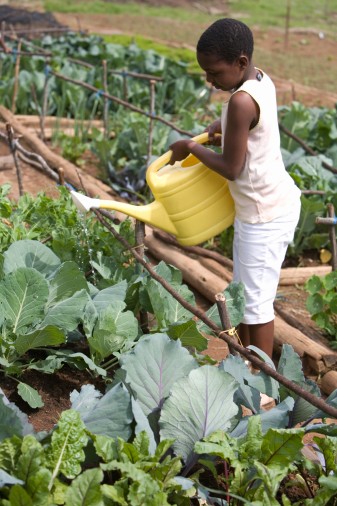
South Africa, which became a net importer of food two years ago after two decades of net exporting, is developing African agricultural ambitions of its own.
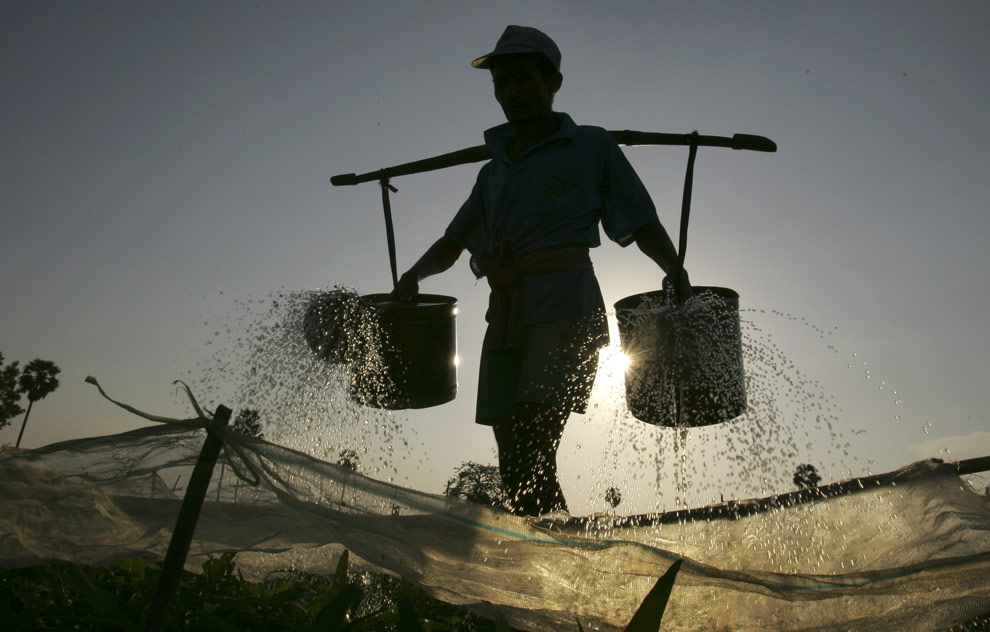
"People lose their access to land simply so that rich and powerful Cambodians and foreign investors can make profit from cash crops for export."

A seminar in Zurich brought together development experts to put the issue into context and take a long term view.

The 2010 edition of the Africa Progress Panel report, produced under the chairmanship of Mr Kofi Annan, addresses land grabbing in Africa.
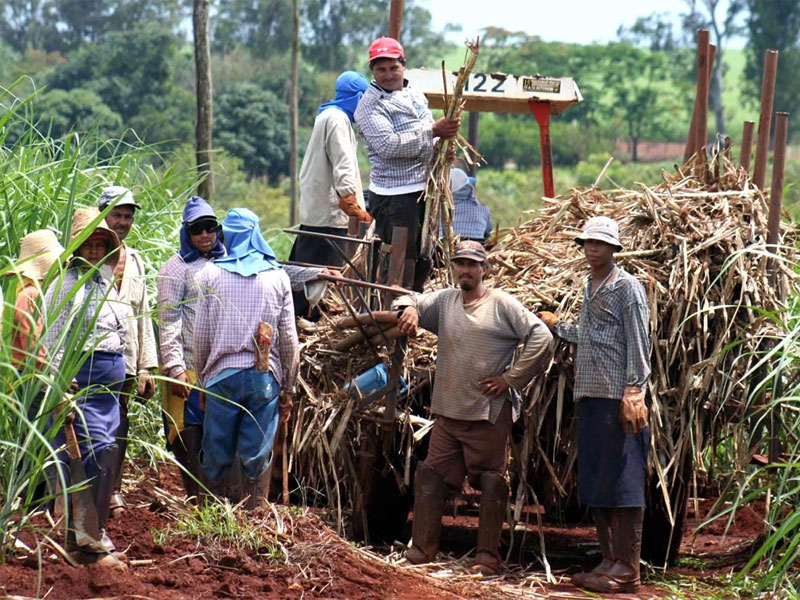
Foreign investors are not just snapping up Brazilian farmland – they are taking a bigger stake in sugar operators too, tripling their participation within three years.
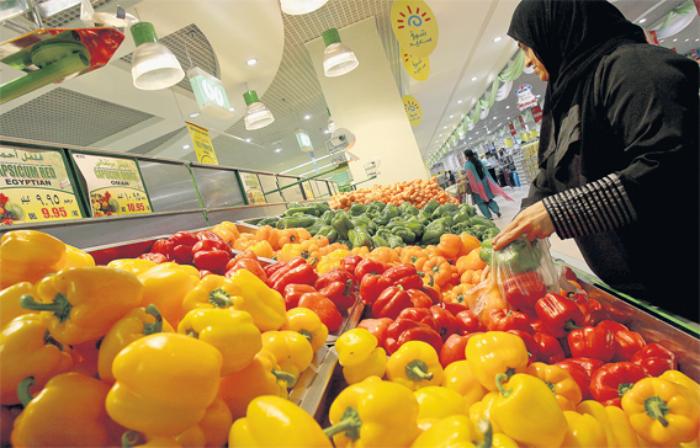
The UAE has embarked on an overseas investment spree to ensure domestic food security in a country with miniscule arable area -- a spree that will only grow

Most people involved in land rights issues are likely to agree that the most abusive companies (and governments) should be vigorously prosecuted using national, regional and global legal fora.